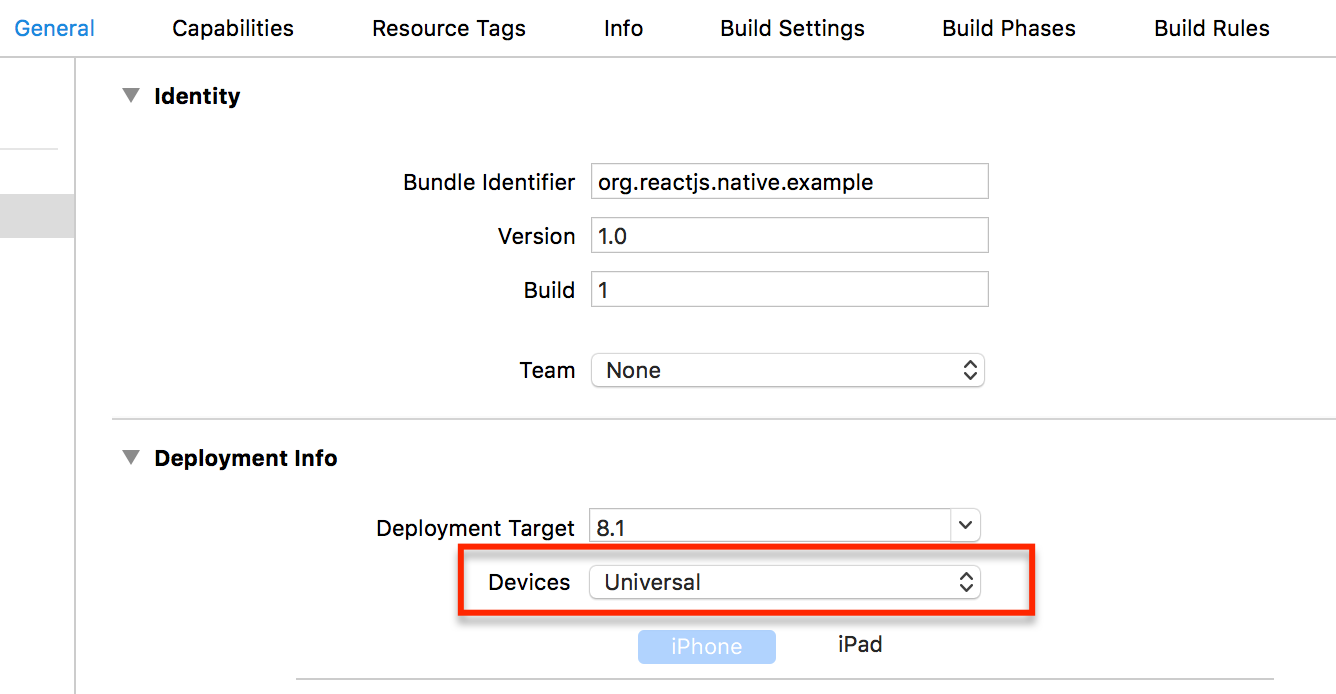react-native-components-viewer v1.0.3
#react-native-components-viewer
Use an iPad to test your components layout in different screen sizes. It uses the react-native-layout-tester.

Installation
npm install --save react-native-components-viewerUsage
Define your specs:
// specs.js
import LogIn from '../screens/login';
import SignUp from '../screens/signup';
import WalkThrough from '../screens/walkthrough';
import Home from '../screens/home';
export default [{
type: LogIn,
props: [{
name: 'empty',
username: null,
password: null
}, {
name: 'complete',
username: 'john_doe',
password: 'long_password'
}, {
name: 'errors',
username: 'john_doe',
username_error: 'invalid username',
password: 'long_password',
password_error: 'invalid password'
}]
}, {
type: Home,
props: null
}, {
type: SignUp,
props: null
}, {
type: WalkThrough
}];Then pass your specs to the ComponentsViewer:
import React, { Component } from 'react';
import { AppRegistry } from 'react-native';
import ComponentsViewer from 'react-native-components-viewer';
import LayoutTests from './layout_tests/specs';
class LayoutTest extends Component {
render() {
return (
<ComponentsViewer specs={ LayoutTests } />
);
}
}
AppRegistry.registerComponent('LayoutTest', () => LayoutTest);This works particularly well with Presentational Components as in redux
architecture.
Wrapping your entire app
In order to test your entire app, you can use the react-native-layout-tester
directly.
Running your app in the iPad simulator
Then run you application in the iPad Air simulator (it has enough width to accomodate an iPhone 6+ logical resolution in landscape mode). In order to accomplish this, you will have to set up your xcode solution to "Universal".

NOTICE: You won't need this package in your production bundle, so you can exclude this package by simply not importing it in any file.
Reacting to changes in viewport
You can make your styles re-calculate on viewport changes. In order to do this,
you can use a decorator shipped in react-native-layout-tester.
The decorator will take changes in viewport and pass it through props to your wrapped components.
More about this here.
Properties
| Prop | Default | Type | Description |
|---|---|---|---|
| layoutTesterConfig | undefined | object | Config for react-native-layout-tester as in here. |
| specs | undefined | array | List of specs for testing components. |
| specs[].type | undefined | func | function or class of the component to test |
| specs[].props | undefined | array | List of different props combinations |
| specs[].props[] | undefined | object | This is the props object that will be passed to the component |
| specs[].props[].name | undefined | string | name of the test scenario |